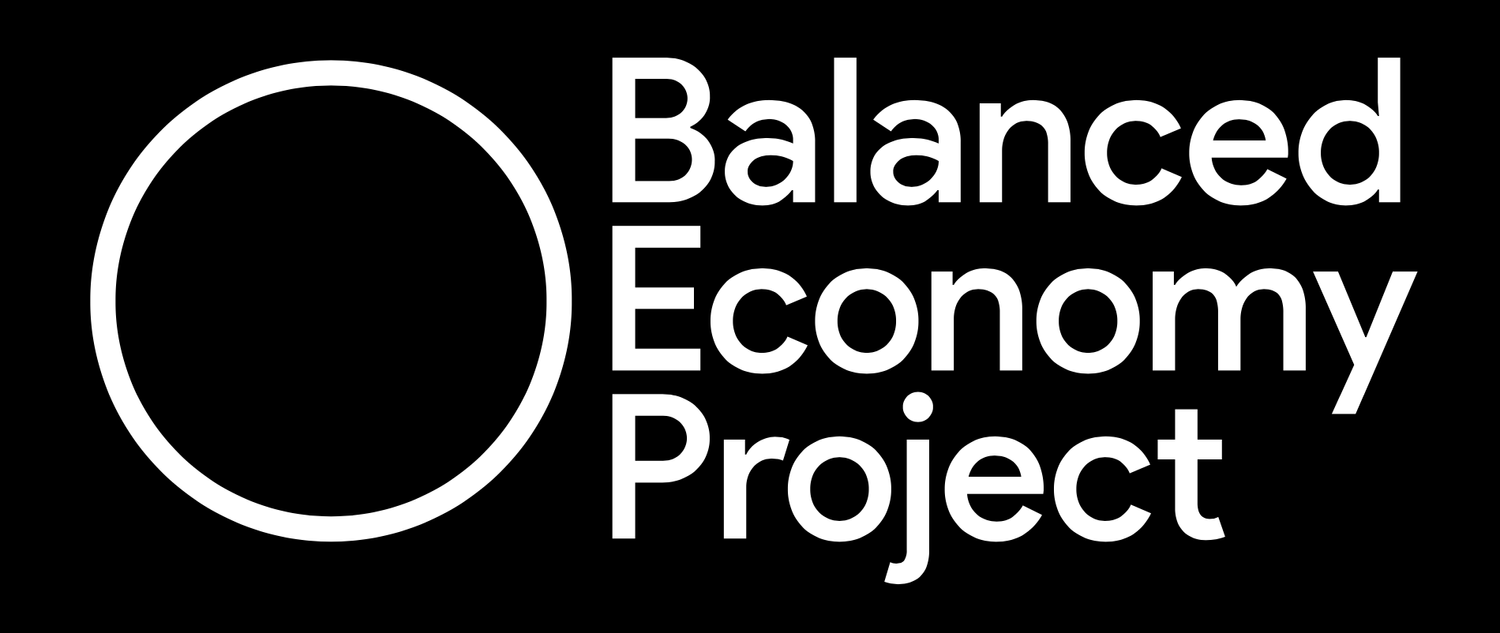SMEs: European digital markets are Big Tech's playground
We recently wrote on Linkedin about Europe’s longstanding failure to tackle excessive concentrations of corporate power, and a testy spat about this recently on the letters pages of the Financial Times after Rana Foroohar’s column arguing that US antitrust regulators had leapfrogged ahead of their European peers.
Now, there is another letter on this in the FT, this time from Sebastiano Toffaletti, Secretary-General of the European DIGITAL SME Alliance.
The digital market in Europe, he said, is in a state of crisis.
“Despite previous well-meaning efforts of the European Commission. . . there has been no change on the ground [for Small and Medium Enterprises.] The digital market is now the plaything of a few giant corporations.”
There has been much talk about the EU’s flagship Digital Markets Act that regulates dominant digital platforms and is supposed to control their behaviour, and they have until March 7th to comply. But these companies “don’t display a willingness to alter their unfair practices and follow the spirit of the law.”
He urges that European authorities get their noses out of their narrow price-centric (and economist-centric) view of the world, and focus on “the broader economic and societal effects of power accumulation by these giants.”
Here’s a striking visual – from our recent Taken, Not Earned report for Davos – that illustrates what they’re talking about, seen via the prism of excess ‘markups’ – the ability of some firms to jack up prices of goods and services, far above their costs of production.
Source: Taken, Not Earned / Firms and Inequality, IFS Deaton Review, 2022
We have long talked about a ‘competition establishment’ and a ‘system of monopoly’ that from the 1970s imbibed a consumer-first ideology, to the exclusion of broader concerns such as the interests of workers, of taxpayers, of citizens with rights, etc. This pernicious set of ideas airbrushed out of the regulatory picture such small trifles as the public interest, the threat that dominant firms can pose to democracy, and power itself.
The idea here is that big is ‘efficient’ because of economies of scale and scope and so on, and that these ‘efficiencies’ would trickle down to consumers, and that since we are all consumers, all would be well. (It was clearly a pro-monopoly case without empirical evidence analysis to support it: it is Economics 101 that monopolists jack up prices — again, as our Taken, Not Earned report clearly shows.)
Since European market regulators have, as Toffaletti explains, lost sight of “the broader economic and societal effects of power accumulation by these giants,” smaller firms, and to a good degree the rest of us, are at their mercy.
There are some pretty straightforward solutions to grasp onto here- solutions that would not only help SMEs thrive, but protect democracy, curb inequality, help us tackle climate change, reduce corruption, put money back into workers’ pockets, and so much more.
Our joint report, on pp37-38, outlines five broad approaches. Including breaking up the giants, and changing the law so that the European Commission’s poor record of not blocking mergers (14 out of 6462 blocked since 2005) comes to an end.


